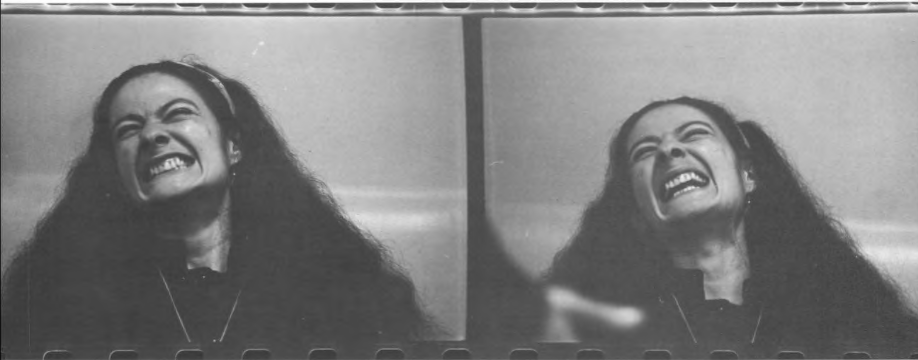
Lenore Kandel’s Love Lust
1967
The scandal began when African-American Teaching Assistant named Lionel Williams distributed the poem called “Love Lust” to his English class. The majority of students in his class were first year undergraduates. Mr. Williams told his students that his class would cover themes including love and sex. The poem contains explicit and candid language regarding sexual practices, including descriptions of oral sex and other graphic imagery. After the use of the poem in the classroom, thousands of copies began to circulate both on and off campus. Chaos soon erupted at the discovery of Kandel’s poem in a classroom. Student protests began on campus, where students felt compelled to speak on the issue. Local newspapers kept the public informed with articles discussing the current news surrounding the poem. The primary reason for the widespread disarray was because of the vivid sexual imagery that could potentially “corrupt” the minds of students. Many felt that first year students needed to be sheltered from this type of teaching, while others felt that it was inappropriate for students of all ages. Parents, religious leaders, and public citizens were among those who voiced objection to the poem. It is important to note that many individuals believed that Mr. Williams’ race played a role in how UNM reacted and responded to the scandal. One prominent author noted the impact of this event by stating, “Lionel Williams’ casual distribution of these poems in the classroom was to produce a series of shock waves in the state of New Mexico.” This comment illustrates the widespread nature of the scandal and its infiltration outside the invisible walls of UNM campus. Furthermore, the poem caught the attention of the governor and legislature who then felt compelled to intervene.
While there was public debate about whether or not it was right for the legislature to interfere in the teachings of an educational institution, many also opposed the use of Kandel’s poem in the classroom. Ultimately, the legislature issued an immediate investigation of the university. As the investigation took place, the University of New Mexico fired Mr. Williams. Furthermore, Mr. Williams had to attend a court hearing. While much of the public applauded this action, it angered many others. As one high school English teacher noted, “what is far the worse proof of idiocy is the legislature’s proposal to spend $50,000 to investigate the matter.” It is clear that the public did not embrace a single opinion about the poem, but instead shared different opinions and perspectives about the situation. The court found Williams not guilty, and the university reinstated him to his previous position.
“Love Lust” impacted the University of New Mexico by sparking discussion about the power of the legislature, the limitations and boundaries of teaching, and the handling of such controversial matters. It demonstrated the wide array of constituencies at UNM besides faculty and students concerned with curriculum, including administrators, staff, politicians, and the wider public. Kandel’s “Love Lust” remains one of the most well-known scandalous tale in the history of UNM, marking a moment when political power, governance, and art clashed on campus.
Deyanira Batrezchavez, History, 2022
Further Reading:
Reed, Ollie. “UNM Archives Yield Trove of Romantic Treasures.” Albuquerque Journal, February 10, 2019. https://www.abqjournal.com/1278530/unm-archives-yield-trove-of-romantic-treasures.html
Schweitzer, Terrie. “50 Years Ago This Week: the Love Book Arrests to Ban Lenore Kandel's Poetry.Medium, November 12, 2017. https://medium.com/@terrie/50-years-ago-this-week-the-love-book-arrests-f1f23bcc3300.
